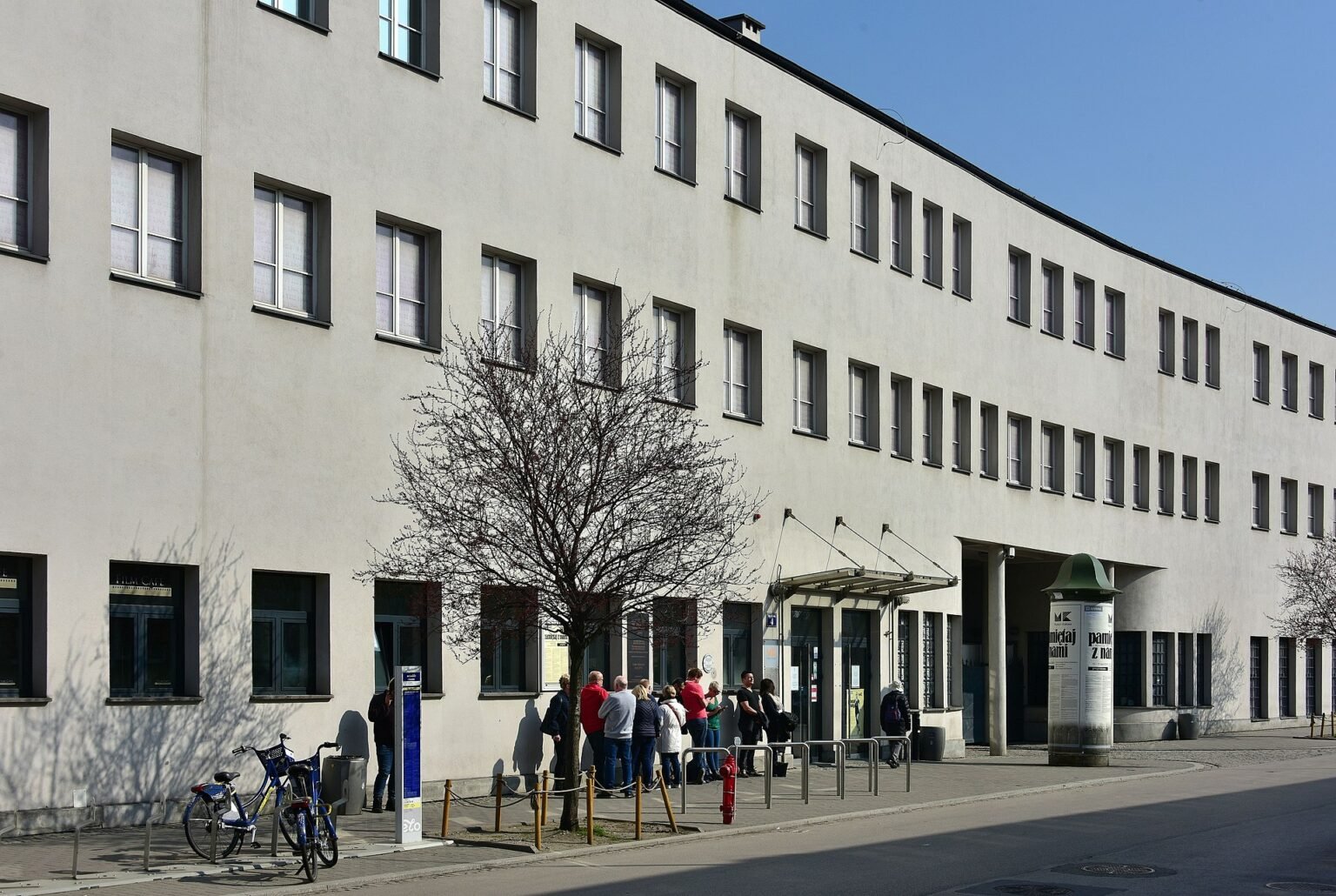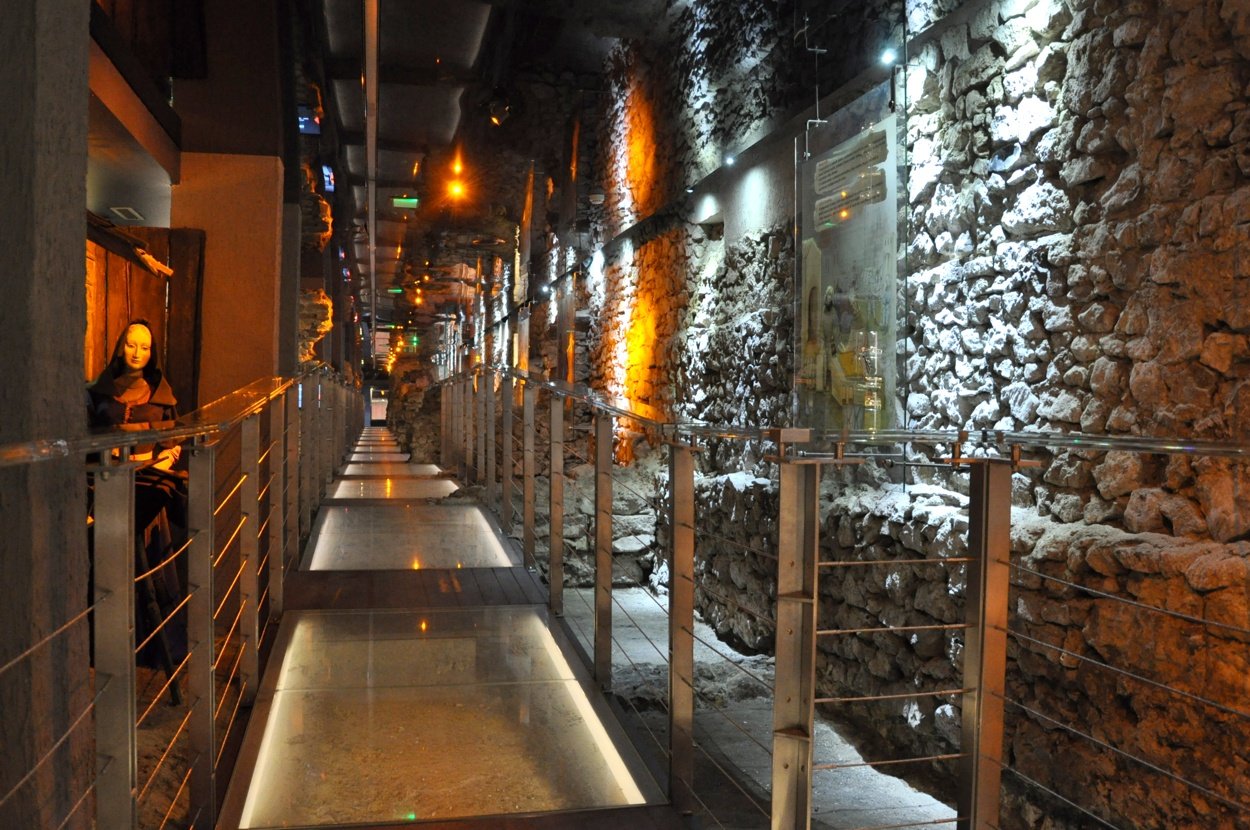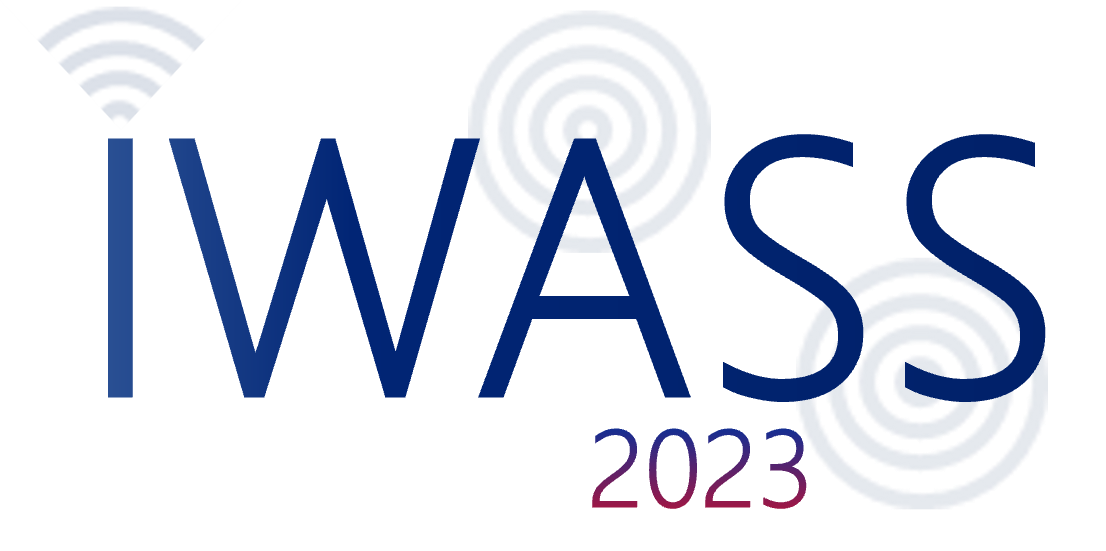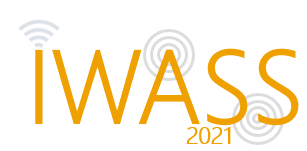Navigation
IWASS 2024
IWASS 2025 - Florida, US.
Workshop Proceedings [Coming Soon!]
IWASS 2025 - ESREL, Norway [New!]
IWASS 2024 Was held on June 23rd, 2024 in Cracow, Poland in collaboration with ESREL 2024.
We thank all our participants for attending IWASS! We also extend our sincerest gratitude to our invited speakers for their interesting talks:
📌 Niav Hughes Green, Ph.D., Human Factors Psychologist at U.S. Nuclear Regulatory Commission, “Human Factors Considerations for Remote and Autonomous Operation of Nuclear Facilities”
📌 Krzysztof Wróbel, Adjunct Assistant Professor, Gdynia Maritime University, “Autonomous vehicles – a perspective of aspiring peripheries”
📌 Ryan Yee, Staff Operational Safety Manager at Zoox, “Safety Assurance through the lens of Continuous Operations”
Please find more information about our speakers and talks below!
IWASS 2024 Invited Speakers
Niav Hughes Green, Human Factors Psychologist at U.S. Nuclear Regulatory Commission
Dr. Niav Hughes Green is a Human Factors Psychologist at the U.S. Nuclear Regulatory Commission (NRC) in the Office of Nuclear Regulatory Research. She joined the NRC in 2006 and serves as a technical lead for experimental research activities related to human and organizational factors supporting guidance development to facilitate NRC licensing reviews of nuclear power plants. Most recently, she is conducting research exploring the human factors considerations for the remote and autonomous operation of nuclear facilities. Dr. Hughes Green holds a Bachelor of Science in Psychology from the University of Maryland and earned her Masters in Psychology and Ph.D. in Applied and Experimental Psychology from the Catholic University of America. Her graduate research focused on using a variety of human performance measurement techniques, including eye tracking, to assess the effects of cognitive mechanisms on the performance of visual search and navigation activities as well as basic operator tasks performed in the nuclear domain.
“Human Factors Considerations for Remote and Autonomous Operation of Nuclear Facilities”
Advanced nuclear reactor technologies present new opportunities and new challenges for regulators like the U.S. Nuclear Regulatory Commission (NRC) and the nuclear industry worldwide. Novel approaches to the conduct of operations are anticipated, including remotely operated facilities and increased reliance on automated operations for safety significant plant functions. The operation of first-of-a-kind technologies can be challenging due to a lack of operating experience and potential for significant changes to traditional operational concepts. As part of this research effort, we seek to gather research findings and lessons from experience in other high-risk domains that may serve as surrogates for similar concepts anticipated in nuclear (e.g., oil and gas, maritime, aviation, and aerospace).
Key enablers for remote operation in surrogate industries are high levels of automation and alarm filtering. The diversity in advanced reactor technologies is reflected in many design and operational characteristics. Examples include greater reliance on simpler designs, involving fewer systems and moving parts, and design features that make them inherently safe, such as natural physical processes (e.g., gravity is an example of passive safety) that do not require automatic or human intervention. Some may rely on much higher levels of automation, including potentially a fully autonomous mode, and may not require much, if any, human monitoring, control, and intervention, and some may not have a control room in the traditional sense. Reactor monitoring and control may be accomplished from simple panels either locally or remotely. The role and responsibilities for personnel and automation are also expected to vary greatly in the next generation of reactors based on the use of automation and incorporation of passive safety features and inherent safety characteristics. Changes to the role of the human through increased automation and use of multi-unit, remote operational concepts introduce human factors complexities including those related to the role of operator, situation awareness, workload, response time, communication, teamwork, and vigilance.
Krzysztof Wróbel, Adjunct Assistant Professor, Gdynia Maritime University,
Dr. Krzysztof Wróbel is an Assistant Professor at Gdynia Maritime University, from where he originally graduated. Having completed several contracts as a Third Officer on board LPG carriers, he began his studies on various aspects of Maritime Autonomous Surface Ships (MASS). These included the safety assessments as well as social, legal, and technical considerations. He participated in several national and international projects related to MASS development, including Advanced Autonomous Waterborne Application Initiative (AAWA) and Detection, prediction, and solutions for safe operations of MASS (ENDURE) where he was a Principal Investigator and an overall manager. Apart from being a teacher and researcher, he is also a member of International Maritime Organization working groups on MASS and of a Technical Board at Polish Register of Shipping. His scientific interests involve various aspects of MASS, safety of navigation, and human factors in shipping.
“Autonomous vehicles – a perspective of aspiring peripheries”
With research on autonomous vehicles (AVs) and their safety gaining momentum around the world, it appears to be concentrating in certain regions only. However, the already-ongoing revolution of automated transportation should involve a wider range of stakeholders, taking into account their different perspectives. The herein presentation attempts to investigate reasons for which so-called 'aspiring peripheries' such as Central Europe countries lag behind with Research and Development of Avs as well as their safety. Unsurprisingly, these appear to be multi-faceted and include factors ranging from the absence of diverse business ecosystem involving academia and administration through a general attitude of these nations towards innovation. Ways of addressing the identified difficulties are also sought.
Ryan Yee, Staff Operational Safety Manager at Zoox,
“Safety Assurance through the lens of Continuous Operations”
Ryan Yee is a Staff Operational Safety Manager at Zoox, where he is responsible for Operational and Field Safety. His team is responsible for vehicle incident response, triaging potential vehicle safety concerns that occur through testing and service operations, and ensuring that Zoox maximizes its learning opportunities from continuous operations. Prior to Zoox, Ryan was previously at Bird and Lyft, also in safety roles. Ryan holds a PhD in Nuclear Engineering from UC Berkeley.




















